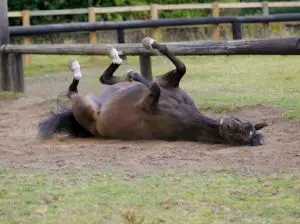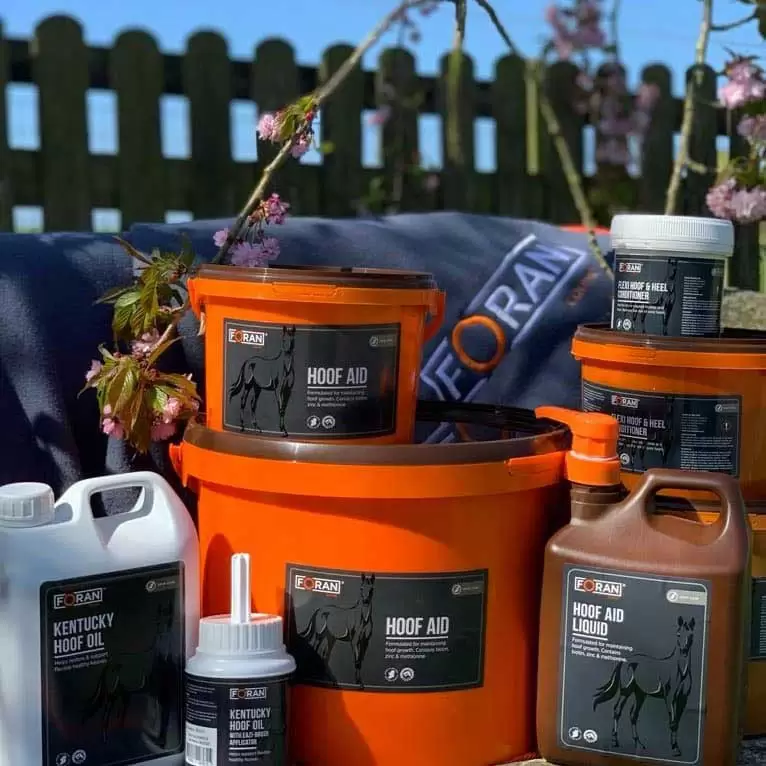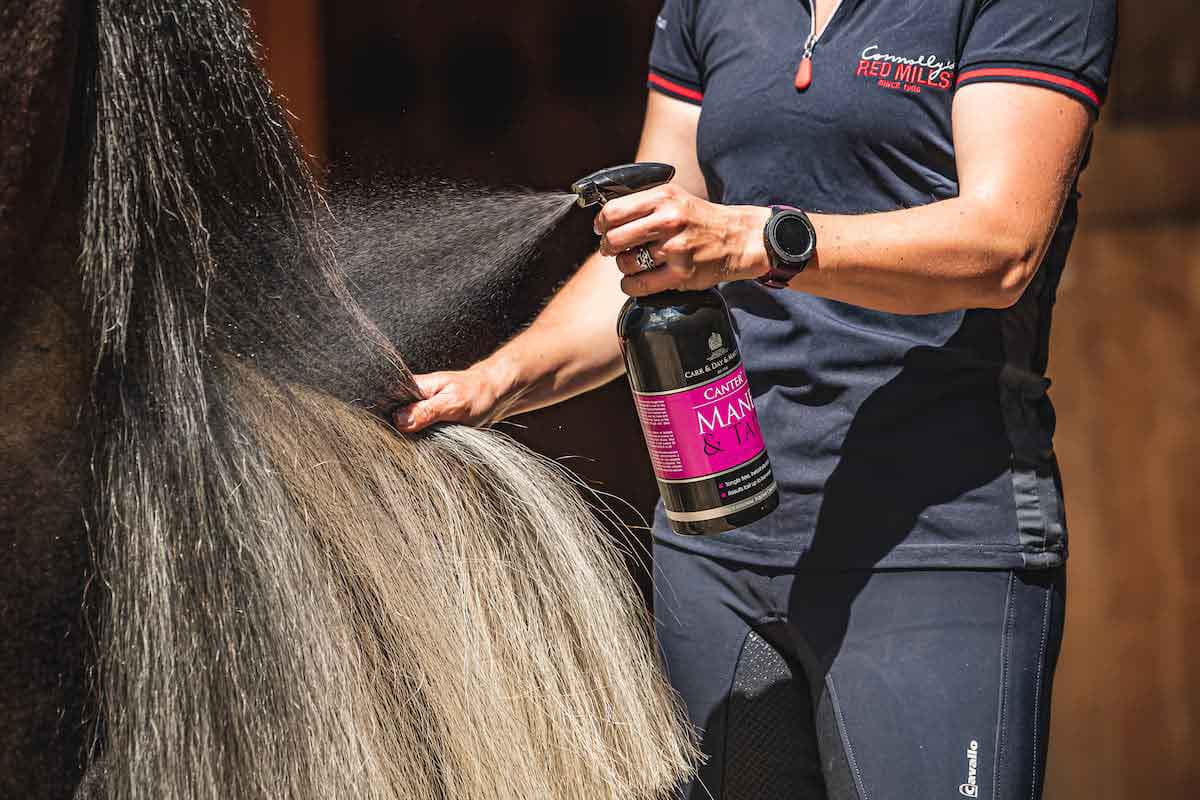RED MILLS equine experts answer your feed query
A: Firstly, you’ve done exactly the right thing getting your vet involved as laminitis is an incredibly painful condition and your mare will need extra care while she recovers. Equally, it’s always important to speak to your vet to find the root cause of the laminitis, so that you can manage your broodmare to avoid the risk of further episodes.
Although, there are many possible trigger factors for laminitis (e.g. diseases associated with inflammation, mechanical overload and metabolic and endocrine diseases), the pregnant mare can be at particular risk of this condition for a number of reasons.

During pregnancy, broodmares will naturally gain around 15% bodyweight and this can put extra stress on the laminae. For those that were already carrying too much weight prior to pregnancy, or where they gain excessive weight during pregnancy, the risk of laminitis is increased. In addition, as pregnancy progresses the mare naturally becomes more insulin resistance in order to divert glucose to the growing foetus. The extent of insulin resistance depends on many factors including the mare’s body condition score and whether she already suffers from any underlying metabolic issues, such as Equine Metabolic Syndrome or Cushing’s Disease. For pregnant mares known to be suffering from these conditions the increase in insulin resistance associated with pregnancy could be the final straw that tips them into suffering a laminitis episode.
Stud Cubes are a traditional cereal-based feed designed to be fed at 4-5kg/ day for a 500kg mare in late pregnancy. However, feeding this amount to your mare will result in her gaining too much weight so you have sensibly reduced the amount you are feeding. As you are now feeding roughly half the recommended amount your mare will not be receiving all the vital micronutrients she needs to support her own health and that of her foal in utero, which will grow and develop rapidly in the final trimester.
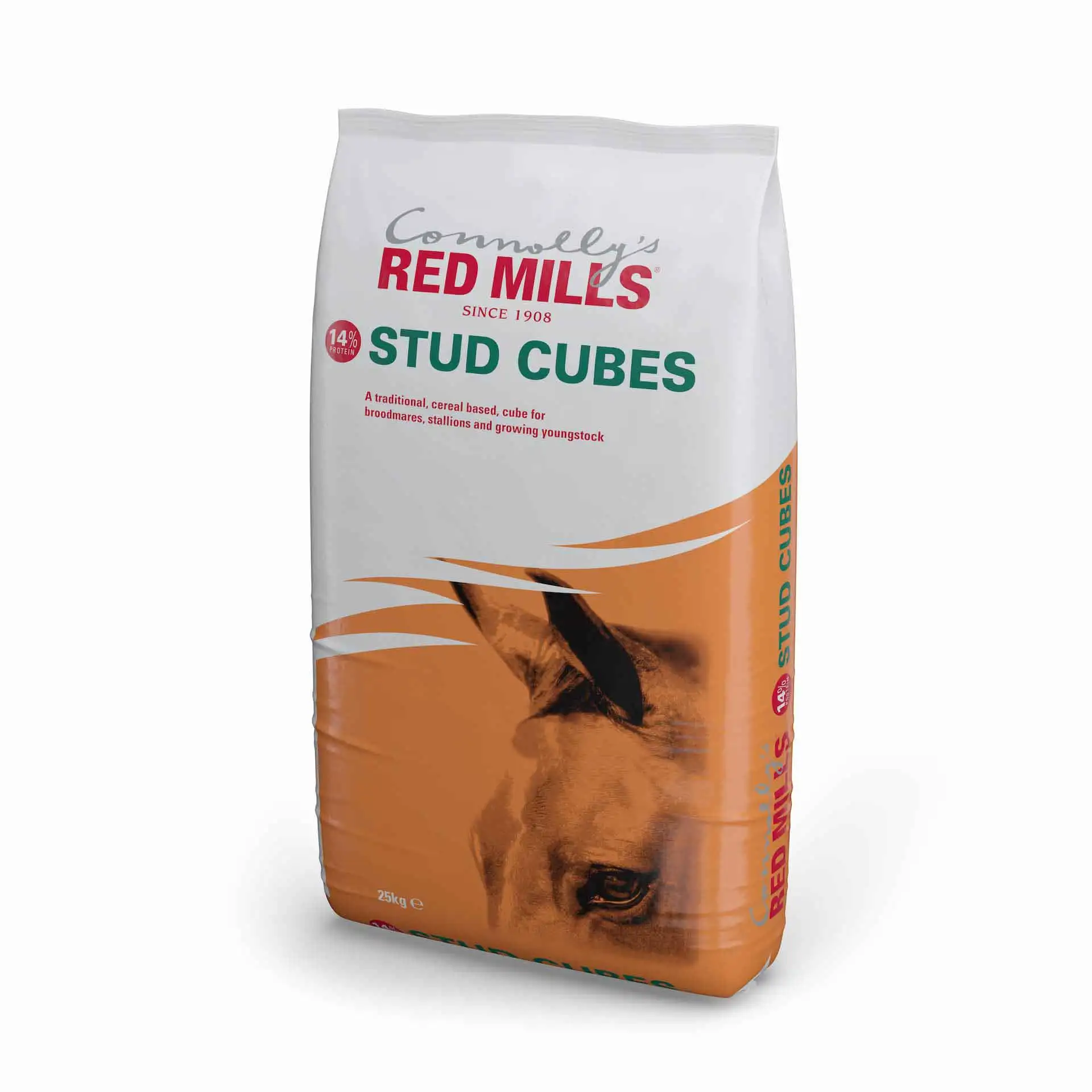
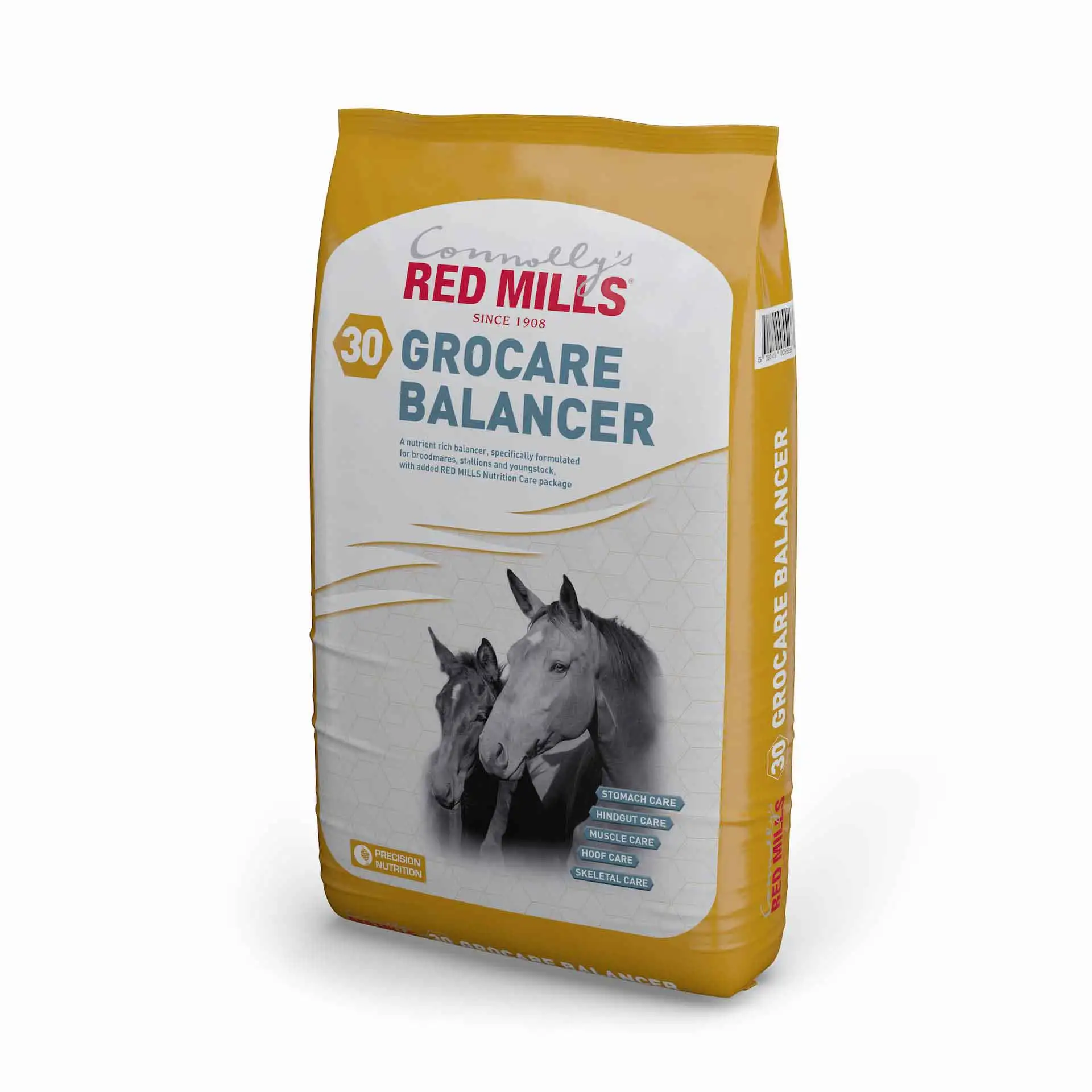
Considering your mare is in very good condition, I would recommend you replace the stud cubes with a stud balancer such as GroCare Balancer. GroCare Balancer is formulated to provide a low calorie, highly concentrated source of essential quality protein and micronutrients (including chelated minerals for improved availability). It is a cereal grain-free feed, and contains just 3% starch so is ideal for horses prone to laminitis. GroCare Balancer also contain our unique Care package, which helps to support digestive health, hoof health, fertility, as well as colostrum and milk quality.
Although you have done the right thing reducing your mare’s calorie intake, it’s important that any weight loss is gradual and that she doesn’t become too lean, as this may affect the unborn foal. If you do find that GroCare Balancer alone is not providing enough calories for your mare to maintain optimal weight during her final trimester then I recommend adding some Horse Care Ultra Cubes to her feed. These should be fed according to condition and the amount of GroCare Balancer adjusted accordingly. Horse Care Ultra Cubes provide a cereal-grain free and ultra-low starch source of calories and, just like GroCare Balancer, contains our unique Care package
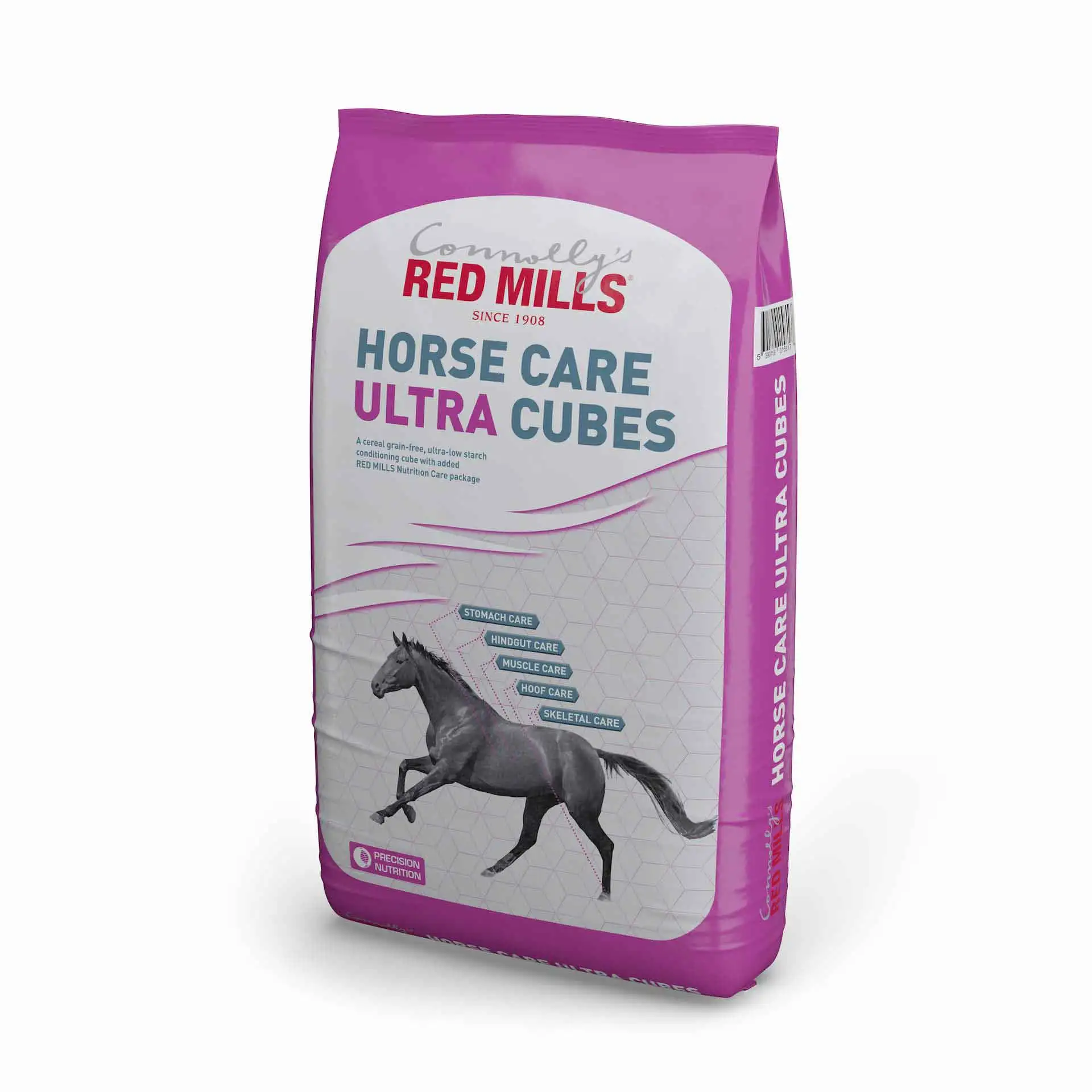
For mares that are overweight, especially those with underlying metabolic issues, access to pasture particularly as we approach the spring time may need to be limited and replaced with a suitable low calorie, late cut forage. Finally, it is important that any changes to your mare’s diet are introduced gradually over a period of at least 4-7 days to allow her digestive system time to adapt and minimise the risk of gastrointestinal disturbances.


